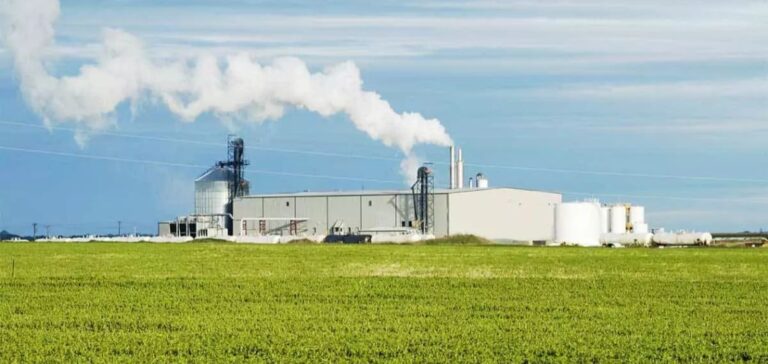The Finance Committee of the National Assembly rejected on Tuesday morning the proposed tax increase on two major biofuels, B100 and Superethanol-E85, included in the 2026 Finance Bill. MPs adopted several amendments aimed at preserving the preferential tax regimes for these alternative fuels, responding to mobilisation from agricultural and industrial sector stakeholders.
The government’s original proposal called for the elimination of the specific tax rate for B100, a biodiesel derived from rapeseed and widely used in road transport, as well as the gradual reduction of the tax benefit granted to E85, a fuel primarily produced from sugar beet grown in France. These measures aimed to align their tax treatment with that of fossil fuels.
Industry pushback and parliamentary support
The planned removal of tax advantages triggered strong opposition from agricultural producers, cooperatives and industry representatives. MPs in favour of maintaining the exemptions cited the economic stakes for rural territories.
Renaissance party MP Anne-Sophie Ronceret defended the preservation of the current regime to “avoid a shift towards more carbon-intensive fuels” and to protect an activity which, she stated, involves “more than 120,000 agricultural producers”. Her amendment passed with support from multiple political groups.
Social arguments and political divisions
National Rally MP Eddy Casterman expressed support for E85, calling it “a green fuel that doesn’t drain the pockets of motorists and the most modest French citizens”, highlighting its lower price compared to traditional fuels. Other lawmakers raised concerns about the social risks of a sudden price increase.
Green MP Christine Arrighi, while opposing biofuels on environmental grounds, criticised the government’s approach. She denounced a reform she described as “brutal” and the lack of “credible alternatives”, warning of renewed social unrest if the tax changes were enacted without compensatory measures.
Ongoing legislative process
The examination of the 2026 Finance Bill continues in committee until Wednesday evening. The amended version has no binding authority, and the removal of tax benefits will be discussed again in the plenary session starting Friday. The government retains the option to reintroduce its original provisions.
Final decisions will depend on the parliamentary balance of power and the executive’s ability to secure a majority on this politically sensitive issue at the intersection of fiscal, agricultural and social concerns.






















